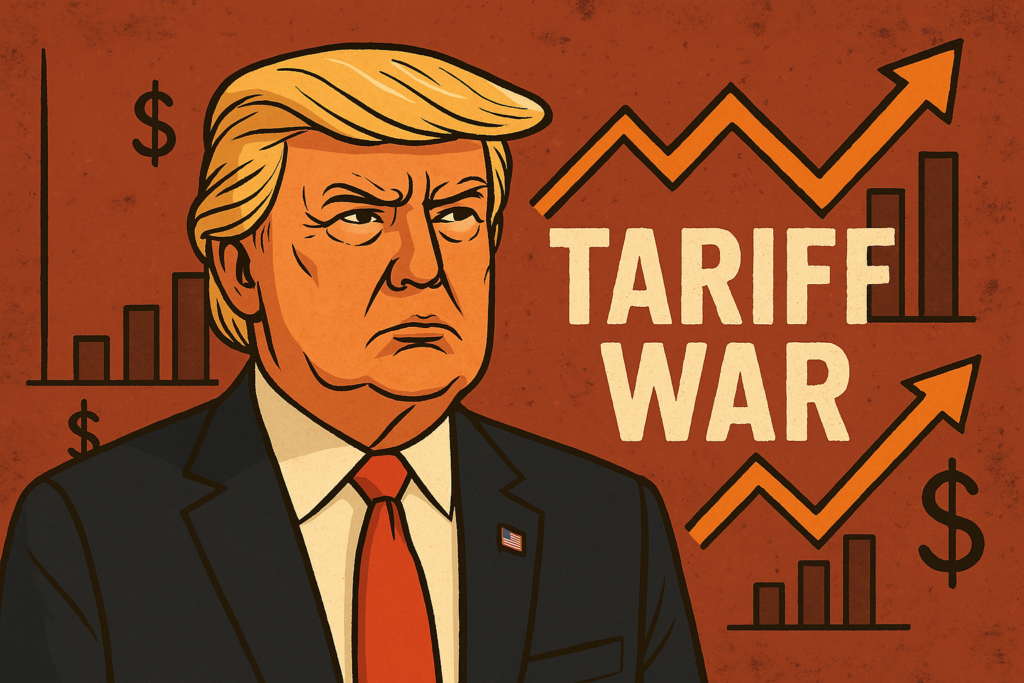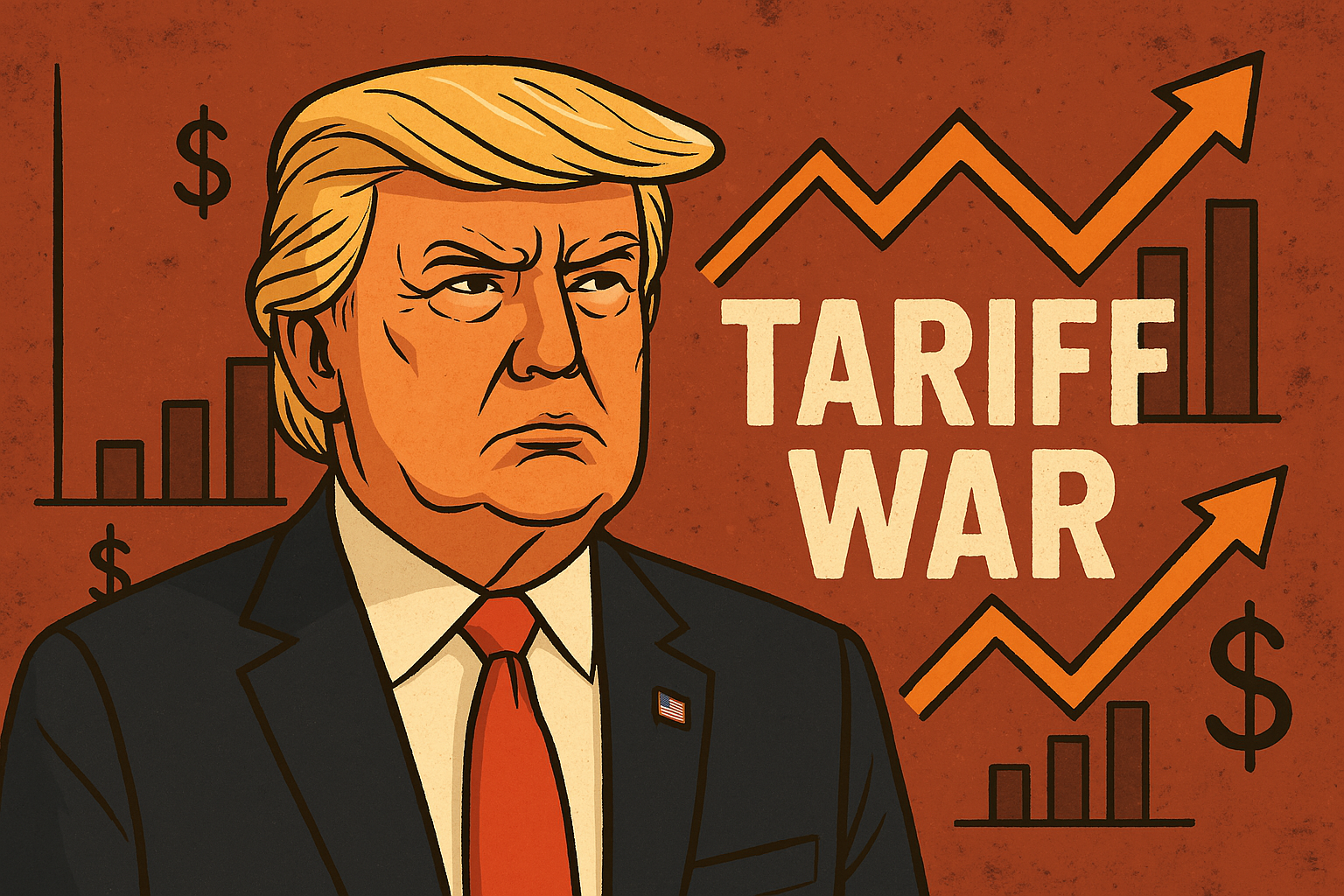
Lately, I’ve been following the news around Trump’s recent announcements on tariffs. He’s paused new tariffs for 90 days for most countries but increased them significantly for imports from China. A lot of people are quick to call this move “bad for the economy” or “protectionist.” But as someone without any background in economics—just a curious mind—I wanted to unpack this a little differently.
What if, instead of seeing this as a power play, we look at it as the U.S. trying to even out the trade rules?
Think about it this way: if you’re running a food stall and every time you export your burgers to another market, they charge you a fee, but when they send their noodles to your market, they don’t pay anything—over time, that adds up. You’re playing a game where the rules aren’t the same for both players. So, when the U.S. matches the tariff rates that other countries already impose on American goods, can we really call that unfair?
That doesn’t automatically make it good policy—but maybe it’s not about being “bad,” either.
Let’s look at a real-world example. Europe charges higher tariffs on certain U.S. agricultural products. China has long had stiff import duties on American cars and tech products. If the U.S. raises tariffs to match those levels, is it protectionism or just self-defense?
But here’s where it gets interesting: instead of getting stuck in a tit-for-tat tariff spiral, maybe we should step back and ask—what kind of global trade do we actually want?
Do we want a race to see who can out-tariff whom, or do we want trade that’s based on actual value and mutual need?
Imagine a world where countries trade based on what’s most useful for their people, and where the goal is win-win—not win-lose. Like, say a Southeast Asian country has a surplus of rice and needs solar panels. Meanwhile, a Western country has excess solar tech but imports most of its food. That’s a trade based on value and need—not politics or power.
It’s kind of like swapping toys as kids—one of us has a remote-control car, the other a LEGO set. We trade, not because someone “wins,” but because both of us get something we genuinely want.
So maybe this is a good time to reimagine global trade. What if instead of calling tariffs “good” or “bad,” we started asking better questions?
- Does this policy help both sides in the long run?
- Are we encouraging trade that supports local industries and opens up access to needed resources?
- Can we redesign agreements to be flexible and collaborative, instead of punitive?
I’m still learning, but one thing seems clear: trade doesn’t have to be a battlefield. It can be a bridge—if we let it.
